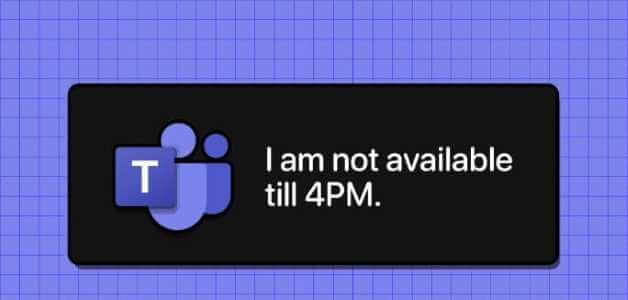Sometimes, your Mac may connect to Wi-Fi but fail to open any websites or launch applications. This can be frustrating, especially when you're sitting down to get work done. We've encountered a similar issue, and each time, various troubleshooting methods helped us salvage the situation. Read on to learn how to fix a Mac Wi-Fi not working even though it's connected.
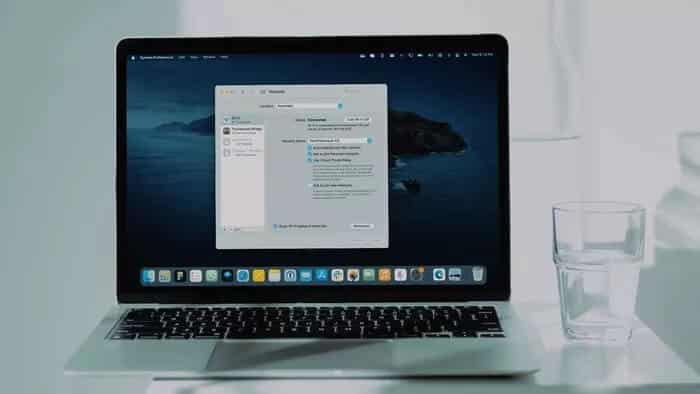
When your Wi-Fi isn't working despite being connected, it can be confusing. It's even more challenging when your Wi-Fi is working perfectly fine on other connected devices like your smartphone or smart TV. So what's going on with your Mac? Let's try to find the cause and fix the problem.
1. Forget and reconnect the Wi-Fi network
Before we move on to advanced troubleshooting methods, let's try this simple trick. You need to forget and reconnect. Wi-Fi network on a MacFollow the steps below.
Step 1: Click on the small Apple icon in the menu bar.
Step 2: Open the System Preferences menu.
Step 3: Go to the network menu.
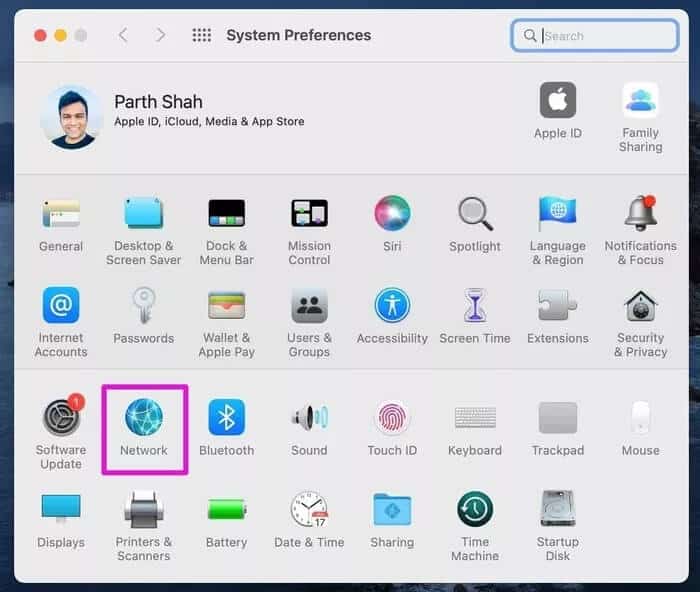
Step 4: Click the – icon at the bottom and remove the connected Wi-Fi network from your Mac.
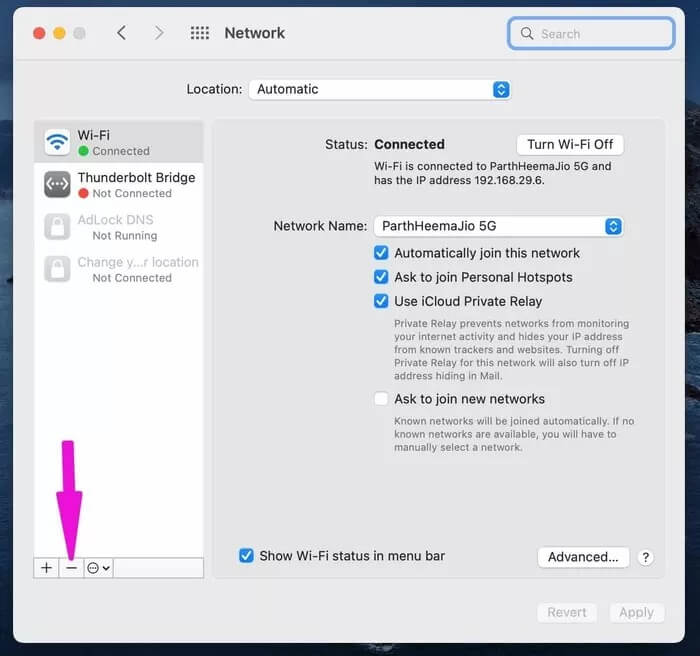
Step 5: You can connect to the same Wi-Fi network with a password from your Mac's menu bar or Control Center.
2. Connect to 5 GHz WI-FI
With the new macOS release, some users are experiencing difficulty connecting to the 2.4 GHz Wi-Fi frequency. If your router supports dual-band Wi-Fi, you should choose the 5 GHz Wi-Fi frequency.
While making the switch, you should also connect other devices to the 5GHz Wi-Fi frequency at home or office.
3. Restart your MAC
Sometimes, a simple restart of your Mac can help troubleshoot and fix Wi-Fi connectivity issues on your device. You can restart your Mac from the menu bar.
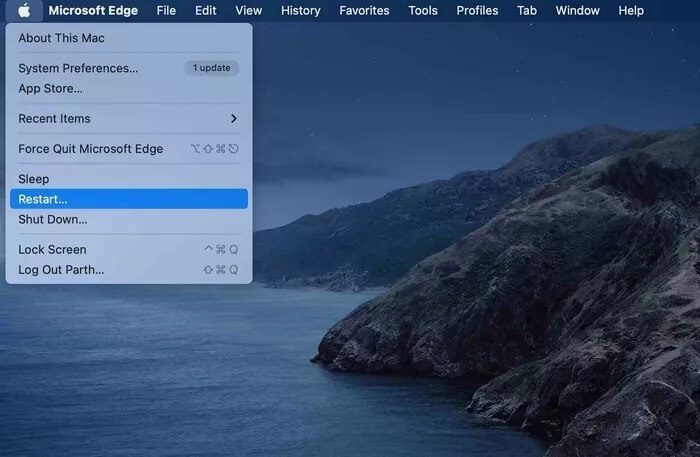
Add your Mac password again and check the active internet connection on your Mac.
4. Disable iCloud Private Relay for Wi-Fi network
With macOS Monterey, Apple added iCloud Private Relay to Mac. Available to iCloud+ subscribers, iCloud Private Relay reroutes your Mac's internet traffic through an Apple-branded server.
iCloud Private Relay works in Safari browser And the Mail app. If Apple's service is down, you may experience internet-related issues on your Mac.
You can either disable iCloud Private Relay completely on your Mac or turn it off for your connected Wi-Fi connection. Here's what you need to do.
Step 1: Use Command + Space keys and search for System Preferences.
Step 2: Press Back and open the System Preferences menu.
Step 3: Go to the network.
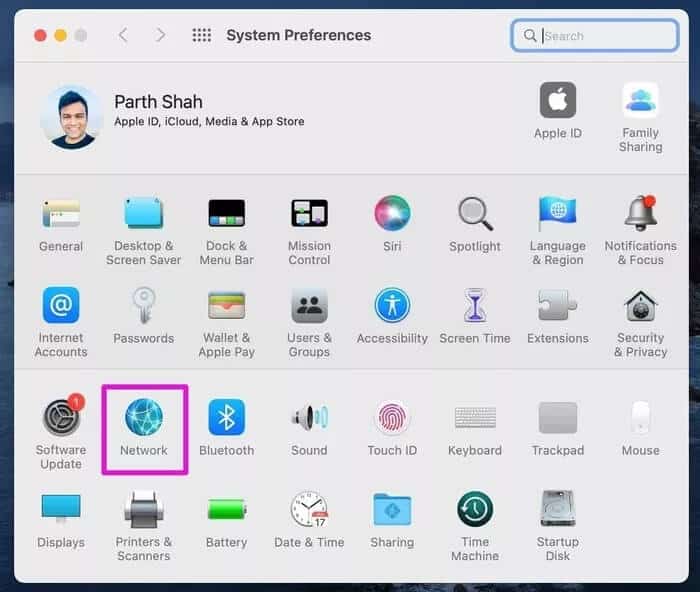
Step 4: Select your current Wi-Fi connection and disable iCloud Private Relay for it.
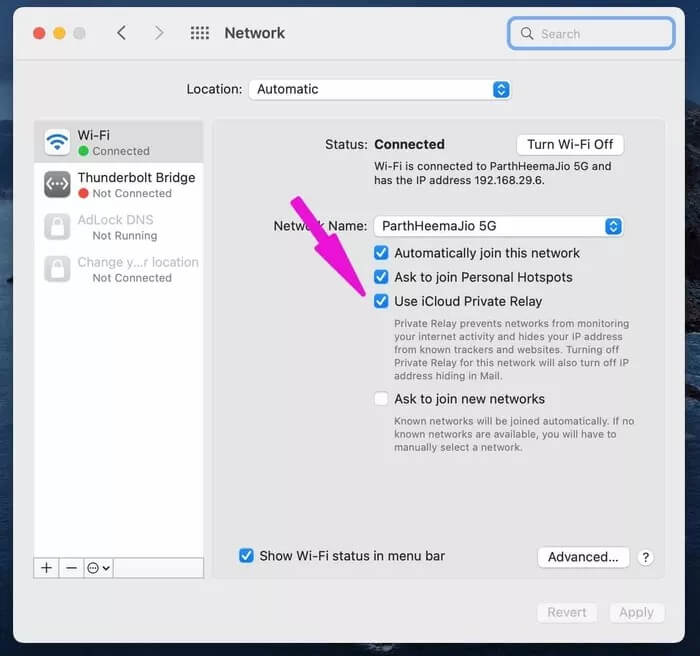
Restart your Mac and try accessing the Internet again.
5. Remove all WI-FI settings
This trick worked wonders for us. We deleted some old network files, and our Wi-Fi started working again on our Mac. Follow the steps below.
Step 1: Click the Wi-Fi icon in the menu bar.
Step 2: Disable Wi-Fi on your Mac.
Step 3: Open the Finder menu on your Mac.
Step 4: Click Go at the top and select Go To Folder.
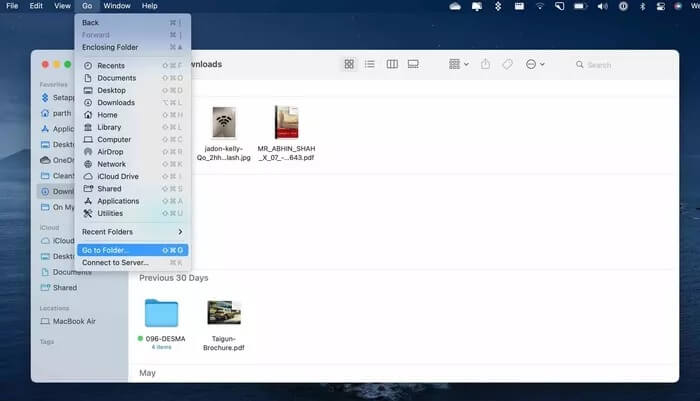
Step 5: Enter the following and click Go.
/Library/Preferences/SystemConfiguration/
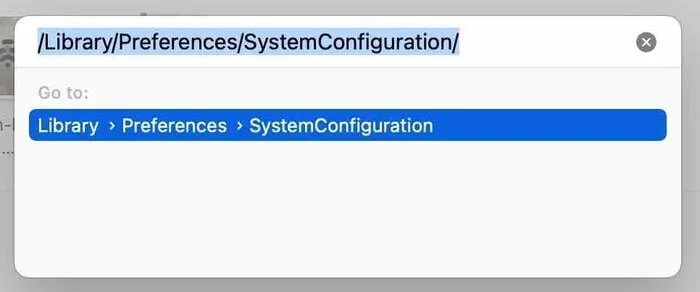
Step 6: A Finder window will open with dozens of network files.
Select the following files from the list.
- com.apple.airport.preferences.plist
- com.apple.network.identification.plist
- com.apple.wifi.message-tracer.plist
- NetworkInterfaces. plist
- Preferences
Step 7: You can move these files to the Trash from the same menu. First, copy the selected files and drop them on your Mac desktop.
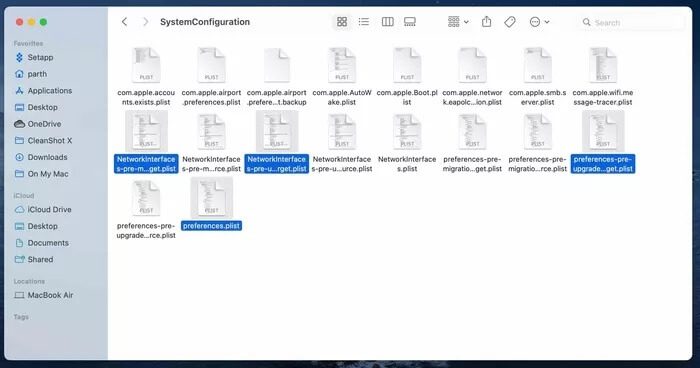
Step 8: From there, move the files to the Trash and clear the Trash.
Restart your Mac, and the system will create the relevant network files on your Mac. Now, you can go to Wi-Fi in the menu bar and connect it again. Your Wi-Fi network should now be working, and you can test your internet speeds from fast.com.
Get an internet connection running on your MAC
If all devices connected to your Wi-Fi network are experiencing internet speed issues, you should check your router and update its firmware. What trick worked to fix a Mac Wi-Fi not working even though it was connected? Share your results with our readers in the comments section below.







